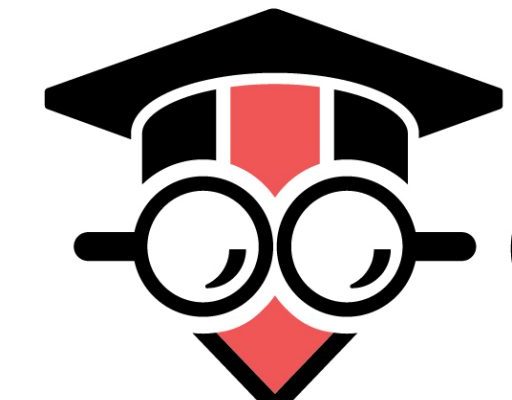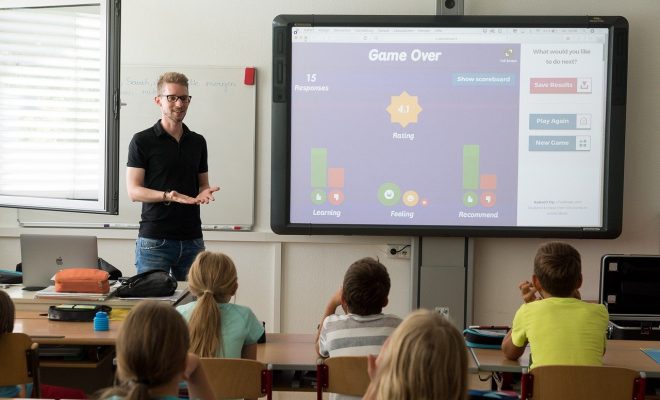Pass or Fail: Support for Struggling Students

In this multi-part series, I provide a dissection of the phenomenon of retention and social promotion. Also, I describe the many different methods that would improve student instruction in classrooms and eliminate the need for retention and social promotion if combined effectively.
While reading this series, periodically ask yourself this question: Why are educators, parents and the American public complicit in a practice that does demonstrable harm to children and the competitive future of the country?
With multiage classrooms in mind, how do struggling students fit into the equation? What supports would students receive if it was determined they were experiencing academic difficulty?
Though the needs of all students must be considered and addressed fairly within the classroom setting, research shows that the students most affected by graded classrooms and associated retention and social promotion policies are those who, for whatever reason, struggle with the academic demands of school.
Multiage Assessments
Students who struggle to perform on standardized tests may or may not have significant learning disabilities. Those students who do have such challenges must, however, have to be matched to a thoughtful program of emotional/intellectual support and supplemental instruction.
At the outset, it must be clearly understood that the method of providing educational support contemplated here has only a very rough correlation with chronological age or grade. Clearly, the support needed by a third grader with math problems should not be the same as that offered a high school student with similar problems. But to identify the exact measures that will be most beneficial to a specific individual could very well entail an assessment made under the conditions of a multiage classroom.
Early Intervention
Studies have shown the value of early intervention in preschool and kindergarten settings. Early intervention is one of the best strategies for identifying and addressing developmental delay. Moreover, the earlier specific cognitive, social, emotional, physical, and linguistic delays are identified, the more easily they can be overcome.
As Leeds and Marshak point out, positive early experiences are essential prerequisites for later successes in the workplace and the community, as well as in school. Well-conceived interventions have been shown to have positive impacts across developmental domains, resulting in improvements in such diverse areas as health, language and communication, cognitive development, and psychosocial interactions. It is also clearly worth mentioning that early intervention reduces the economic cost to society of caring for individuals who drop out of high school without the knowledge and skill needed to support themselves.
Classroom Support
Intervention and support should be integrated into the regular classroom environment. Taking measures to support the developmental needs of a particular child during regular class time may well be less embarrassing and stigmatizing than pulling a child out of the classroom to minister to him in secrecy. Moreover, including other teachers and classmates in such interventions can be positive for everyone involved, often producing intended benefits with maximum effectiveness and reducing the need for future support.
Overall, assessments should be targeting analytical thought processes, the quality of written expression, the demonstration of understanding, and flexibility of thinking. Rigid, multiple-choice testing should not be used for student assessment. To take advantage of the multiage scenario and the potential for collaboration and peer tutoring, assessments conducted in the form of group projects are a better option.
If you’re on board for redesigning the U.S. education system, how do you feel about the continued use of classroom assessments?






